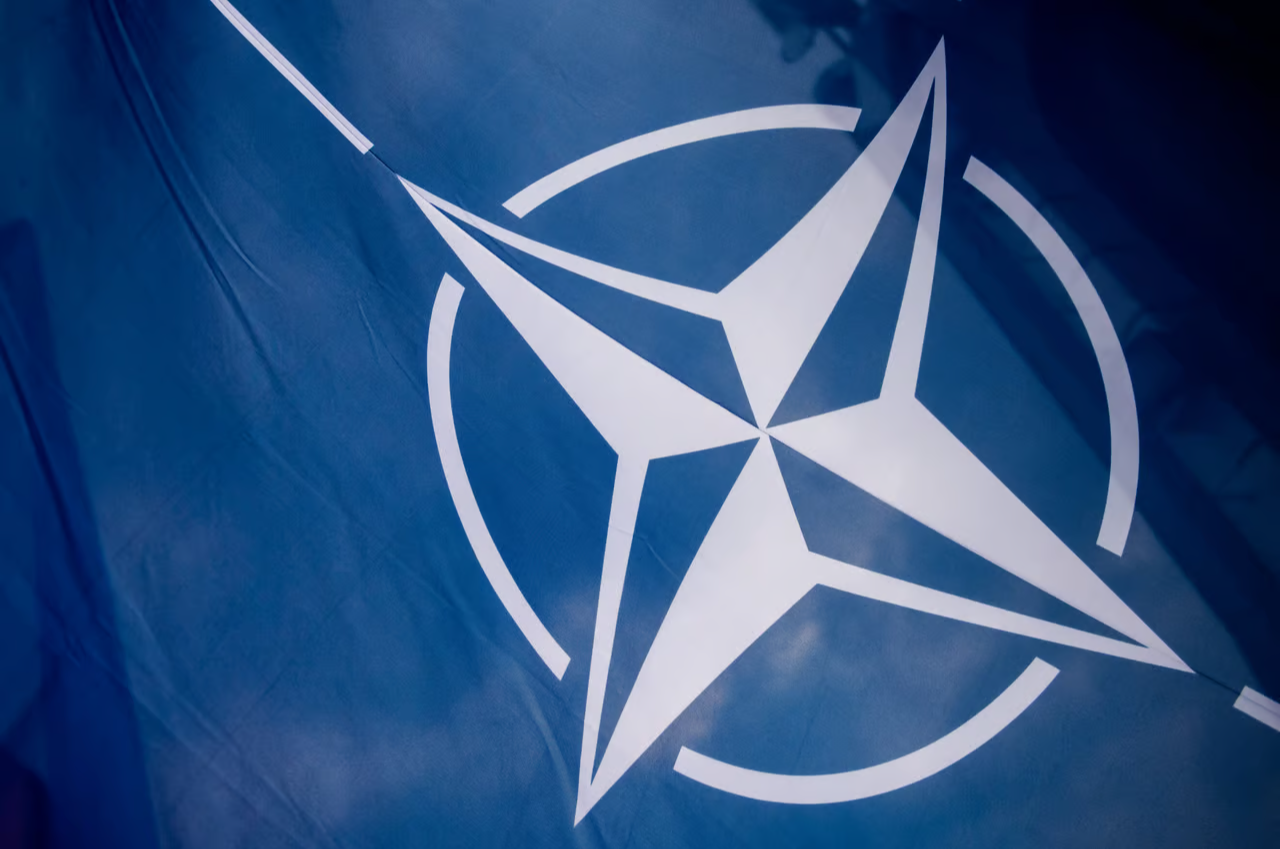
Beijing, July 9 (RHC)-- China has urged the U.S.-led North Atlantic Treaty Organization (NATO) to avoid “causing chaos” in the Asia-Pacific region. “NATO should adhere to its positioning as a regional defensive organization, stop creating tensions in the Asia-Pacific region, stop promoting Cold War mentality and bloc confrontations,” China’s Foreign Ministry spokesman Lin Jian told reporters in Beijing on Monday.
China's warning comes ahead of a NATO summit in the United States attended by leaders from Asia-Pacific countries including Japan, South Korea, Australia, and New Zealand.
China’s Foreign Ministry spokesman rebuked the U.S.-led Western military bloc for causing chaos in Europe, urging NATO to avoid repeating such moves in the Asia-Pacific region. The upcoming NATO summit in Washington scheduled for July 9-11 will mark the 75th anniversary of the military alliance which was created in 1949 by the United States, Canada, and several Western European nations as a regional defensive organization to provide collective security against the former Soviet Union.
However, experts are warning that the US-led alliance is no longer confined to its traditional military missions in the West, and is aggressively expanding its clout eastward in the Asia-Pacific region as a means of besieging China.
NATO's attempt to take the Asia-Pacific region under its sphere of influence will heighten geopolitical risks and threaten the region's prosperity and stability, according to experts.
Three experts who shared their views on the issue with China Daily said NATO's attempted expansion into Asia reflects a Cold War mentality and raises serious concerns about regional peace.
Washington's upcoming NATO summit from Tuesday to Thursday is expected to provide more military aid, financial support, and personnel training to Ukrainian forces fighting against Russian troops.
The summit is also expected to blame Moscow and Beijing for undermining the US-led world order by posing military threats to the international peace supposedly meant to be safeguarded by the United States and its Western allies.
Also, Washington forced NATO's European members to shake hands with the US to weaken Russia by launching the military bloc’s eastward expansion onto Russian borders, leading to the conflict with Ukraine.
According to observers, Washington manipulated Kiev leaders to enter the Western camp by helping NATO expand eastward, thus creating an imbalance in the European security landscape and triggering the Russia-Ukraine conflict. It then used the Ukraine crisis to prompt NATO's European members to "generously" increase their military spending and purchase large amounts of US military equipment to aid Ukraine.
The U.S. also prompted NATO countries to hold large-scale military exercises. NATO's Exercise Steadfast Defender 2024, for example, involved more than 50 naval assets, 80 aircraft, 1,100 combat vehicles, and over 90,000 troops.
The displays of NATO's combat power have provoked Russia into taking countermeasures, exacerbating tensions in the European Union and Eurasia. What has raised concerns further is Russia's withdrawal from the Treaty on Conventional Armed Forces in Europe and deployment of tactical nuclear missiles on the Russian-European border.
The war in Ukraine continues unabated. Despite calls for dialog to solve the crisis and end the conflict, many western nations have rather fanned the flames of war by flooding Ukraine with arms.
The panic caused by the war in Ukraine even led French President Emmanuel Macron to forget his plans for making Europe great again by implementing strategic autonomy for the European Union and devising independent foreign and defense policies for the EU bloc.
Meanwhile, the war between the two neighboring countries continues despite calls for dialog to solve the decade-long Ukraine crisis. And Western countries have clearly fueled the war by flooding Ukraine with arms and ammo.
NATO is haunted by the question whether to let Ukraine strike inside Russia with Western-donated arms.
On the other hand, the U.S. military-industrial complex, which has been making huge profits by selling arms and equipment to not only Ukraine but also EU countries, has been the sole beneficiary of all these moves.
NATO countries have been clearing their arsenal of excess military equipment and munitions to be sent to Ukraine, prompting them to increase their military spending with bigger military budgets weakening international cooperation to address common global challenges like climate change.
From Washington's point of view, the longer Moscow is engaged in the Ukraine war, the weaker it will become and the easier it will be for the U.S. to use NATO to maintain its global hegemony, even at the cost of global peace and development, the experts say.
In this regard, China has expressed strong opposition to a threat by the US-led NATO military alliance to further intrude into the Asia-Pacific region, vowing a firm response to any risk against its legitimate rights.
China totally taunts NATO’s threat of intrusion into the Asia-Pacific region, vowing a firm response against any peril to its legitimate rights.
Beijing also blames NATO for deliberately distorting China's policies and smearing the country. Beijing insists it will firmly safeguard its sovereignty, security, and interests.
At a NATO summit in Vilnius, Lithuania, the Alliance accused China of posing a "systemic challenge" to Euro-Atlantic security and "secretly expanding its nuclear arsenal." According to the experts, NATO's expansion and its militarization are seriously undermining international arms control, disarmament, and nuclear nonproliferation efforts, as well as global peace

